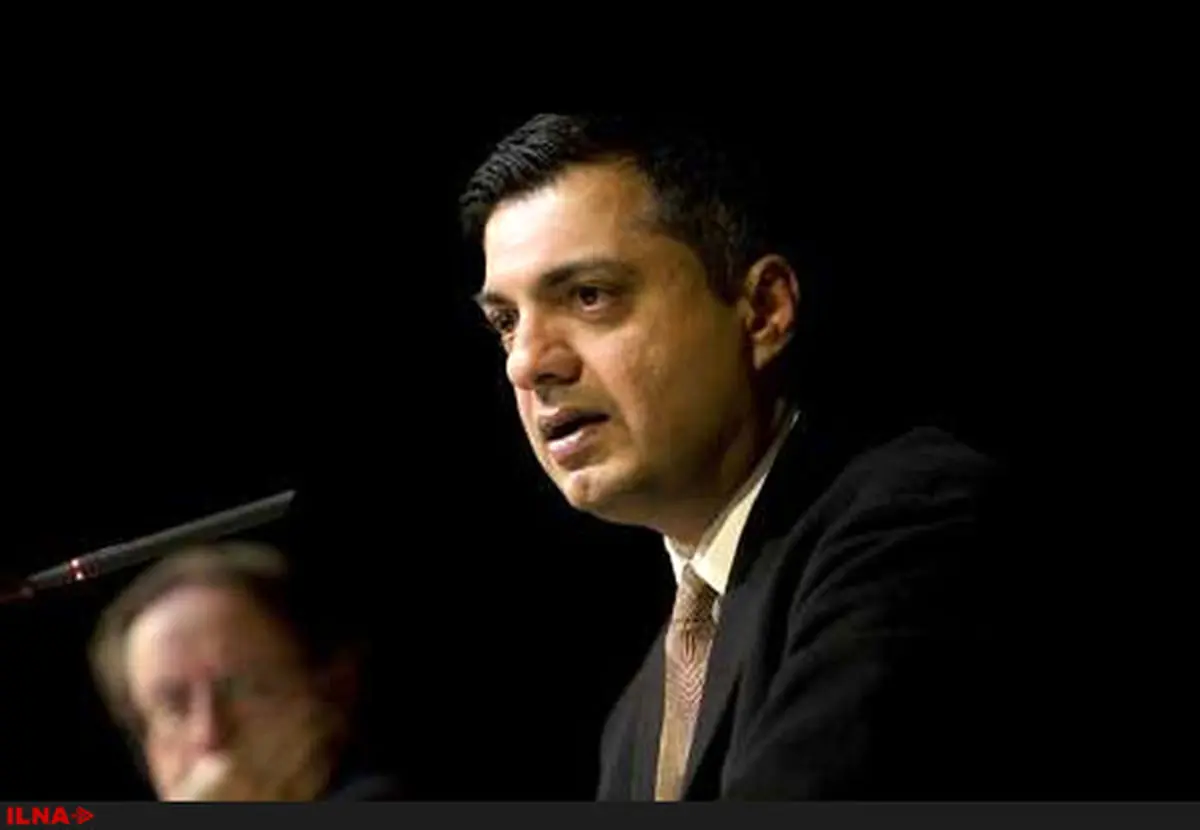No defining regional association can create real integrity: Professor

A professor of political science at Oxford University told ILNA that none of the existing regional organizations such as the Arab League have the power to create real integrity in the region.
The professor, Faisal Devji, said, “Even if foreign powers intervene in a region with the consent of its political actors, their presence in it necessarily compromises regional integrity. This can be seen in the European Union, whose real sovereignty lies with NATO. It is this that allows the EU to act as a federation depending upon values and rules rather than power, which has been outsourced to others. But this relationship of mutual convenience may be coming apart as a result of the war in Ukraine, which, in compelling countries like Germany to re-arm, is eventually likely to push Europe towards greater autonomy even as it remains an American ally. In other cases, such as the Middle East, where foreign powers have come to play a role as a result of internal rivalries among its members, the region cannot really be said to exist as a political category. Compared to others, the Middle East is remarkably impoverished as a region, with none of its defining associations, such as the Arab League or GCC, capable of lending it any real integrity. And it has been like this since the collapse of the Ottoman Empire, with efforts at regional integration, such as the Baghdad Pact, always being part of alliances with foreign powers.”
He added that the Middle East and South Asia provide two examples of regional dysfunctionality.
“In both cases, the intervention of one or another great power has helped to prevent integration, but this is not the only reason for it. In the Middle East, the collapse of the Ottomans and the making of new nation-states resulted in a situation where there was no longer a power big enough to serve as the foundation for regional order. All the countries in the area are middle-sized ones and even economically none really stands apart from the others. Whereas in South Asia, the presence of one gigantic country like India had prevented that region’s integration due to the anxieties of its more vulnerable neighbors. For the Middle East, the problem has to do with competition between the three most important territorial, economic, and military powers: Turkey, Iran, and Saudi Arabia. Egypt, which used to be an important political actor seems to have lost its regional role altogether, even in the cultural and intellectual realm. This has to do with the end of the Cold War and the decline of the socialist republics that had depended on a bipolar world,” he said.
He continued, “As long as the military bases of great powers like the US and Russia exist in the Middle East, alongside the security guarantees they offer host countries, the region cannot exist as a political space. But the recent exit of these powers from a country like Afghanistan provides a rare opportunity to construct a truly regional politics in Central Asia whose influence will sooner or later tell on the region to its west. Afghanistan can be a bridge rather than a block between Iran, Pakistan, and the ex-Soviet republics of Central Asia, to say nothing of China, Turkey, India, and Russia as more distant powers. It is with a stable Afghanistan at its center that a new model of regional cooperation and politics can come into being, and not so much in the Gulf or the Levant. It serves, therefore, as a crucial test case for the ability of regional actors to aspire to integration in strategic and not just economic or military terms. That hope is not yet available in the Saudi-Iranian talks or any other Middle Eastern diplomatic initiative.
Countries like Turkey and Iran are not clearly part of anyone regional order, whether real or potential and must constantly juggle different contexts and priorities in an unhelpfully competitive and unproductive way.”
“The former seeks to present itself as a regional power in the Middle East, Western Europe, and the Caucasus. While the latter addresses itself to the Middle East, Caucasus, and Central Asia. These overlapping spheres of political activity offer both countries great opportunities to serve as linchpins for multiple regional orders and thus stitch together large portions of the international system. But their geographical position can also lead to multiple conflicts and threat scenarios which may dissipate the strategic culture and goals of either state. With the war in Ukraine, the West suddenly needs both Iran and Turkey as allies, which among other things has led to a reactivation of JCPOA on terms much more favorable to Iran. Rather than being understood merely as an invitation to join the Western alliance against Russia, this scenario offers Iran the possibility of strengthening more than one regional order. For it is only as part of such orders that countries can maintain their political integrity in the face of great power rivalries,” the professor concluded.
